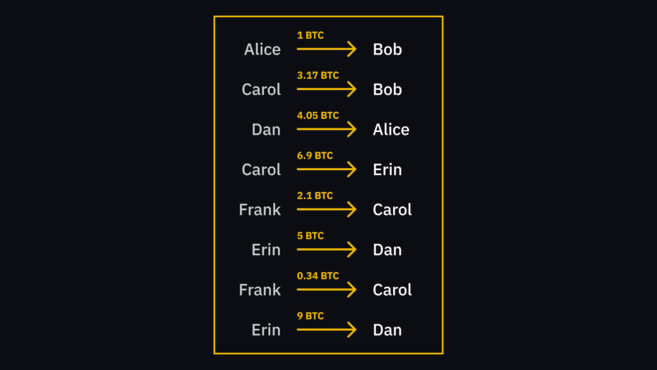Bitcoin
What Is Bitcoin?
Bitcoin is what most people think of when it comes to "digital money" or "cryptocurrency". The only difference to fiat currencies is that there is no central bank managing it. Instead, thousands of computers all around the world manage the Bitcoin financial system. Downloading free and open-source software is a simple way to get involved in the ecosystem.
The first cryptocurrency, Bitcoin, was created in 2008. (and launched in 2009). Using it, users can send and receive digital currency (bitcoins, with a lower-case b, or BTC). Because it can't be censored, monies can't be spent more than once, and transactions can be conducted at any time, from anywhere, it's a big draw for people.
What Is Bitcoin Used For?
People use Bitcoin for a number of reasons. Many appreciate it for its permissionless nature – anyone with an Internet connection can send and receive it. It’s a bit like cash in that no one can stop you from using it, but its digital presence means that it can be transferred globally.
What Makes Bitcoin Valuable?
A decentralized, censorship resistant, safe and transnational currency is the Bitcoin.
For use cases like overseas remittances and payments, where users do not want to divulge their personal information, this quality has made it appealing (as they would with a debit or credit card).
Many people choose to save their bitcoins as investments rather than spend them (also known as hodling). In light of its limited availability, Bitcoin has been dubbed digital gold. Some Bitcoin investors think of it as a form of digital gold. It has been compared to valuable metals like gold and silver because of its scarcity and difficulty in production.
As long as it's readily available and liquid, holders think it's a good way to store wealth over an extended time period. They predict that the value of Bitcoin will continue to rise over the long term.
How Does Bitcoin work?
When Alice makes a transaction to Bob, she’s not sending funds in the way you’d expect. It’s not like the digital equivalent of handing him a dollar bill. It’s more like her writing on a sheet of paper (that everyone can see) that she’s giving one dollar to Bob. When Bob goes to send those same funds to Carol, she can see that Bob has them by looking at the sheet.

The sheet is a particular kind of database called a blockchain. Network participants all have an identical copy of this stored on their devices. The participants connect with each other to synchronize new information.
When a user makes a payment, they broadcast it directly to the peer-to-peer network – there isn’t a centralized bank or institution to process transfers. In order to add new information, the Bitcoin blockchain uses a special mechanism called mining. It is through this process that new blocks of transactions are recorded in the blockchain.
Is Bitcoin Legal?
Bitcoin is perfectly legal in most countries. There are a handful of exceptions, though – be sure to read up on the laws of your jurisdiction before investing in cryptocurrency.
In countries where it’s legal, government entities take varying approaches to it where taxation and compliance are concerned. The regulatory landscape is still highly underdeveloped overall and will likely change considerably in the coming years.
Last updated
Was this helpful?

